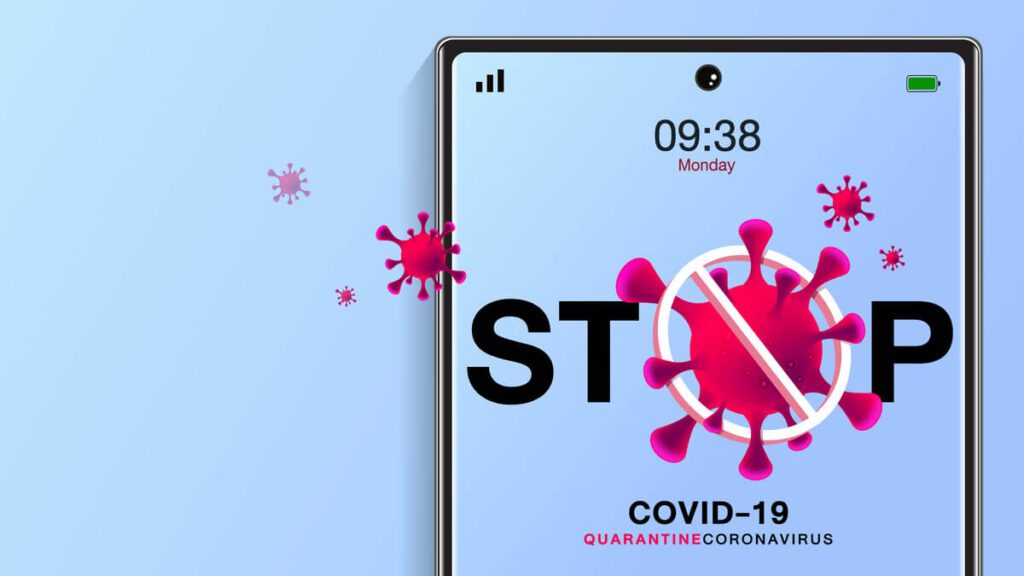
According to the latest research, mobile health technologies have now become a critical solution in monitoring COVID-19 patients at home and predicting who might need medical intervention.
An international task force has conducted extensive research that reveals mobile health technologies such as wearable sensors, electronic patient generated data, and digital contact tracing can assist in monitoring COVID-19 patients in their homes, and they can also be used to predict and monitor coronavirus exposure in people suspected to be free of the infection, providing further information that can aid in prioritizing diagnostic testing.
A panel of 60 members has been established – representing universities from Germany, Switzerland, Australia, Italy, Ireland, and the US. The panel is led by Professor Paolo Bonato, Harvard Medical School associate and director of the Motion Analysis Lab at Spaulding Rehabilitation Hospital in Boston. The research study, ‘Can mHealth Technology Help Mitigate the Effects of the COVID 19 Pandemic?’ is published in the IEEE Open Journal of Engineering in Medicine and Biology.
The study revealed that smartphone applications that give patients the ability to self-report, in addition to wearable sensors that enable physiological data collection, could assist in monitoring clinical workers and could potentially detect early signs of an outbreak in hospitals or healthcare settings. Inside the community, early detection of coronavirus cases can be achieved by building on previous research that indicates it is possible to predict influenza-like illness rates and COVID-19 epidemic trends by using wearable sensors to capture sleep duration and heart rate among other data.
Members from the task force such as Lee and Rahman, the original inventors of mobile health sensors, have reviewed 27 commercially available remote monitoring technologies that could be directly used in clinical practices to aid patients and frontline healthcare workers in monitoring symptoms of the coronavirus. The paper is concluded with a brief summary, ‘When combined with diagnostic and immune status testing, mHealth technology could be a valuable tool to help mitigate, if not prevent, the next surge of COVID-19 cases.’